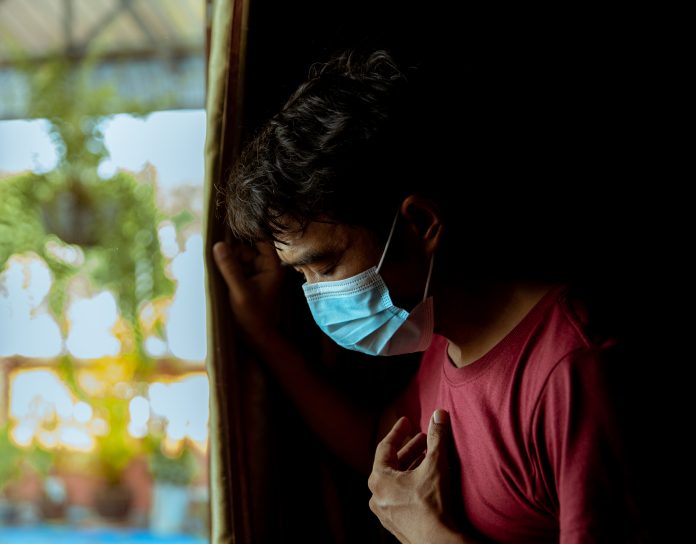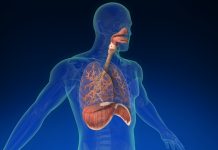UCL and the University of Exeter find that long COVID fatigue has a more profound impact on the daily lives of patients compared to certain cancers
A research study, supported by the National Institute for Health and Care Research (NIHR) and published in the journal BMJ Open, examined the impact of long COVID fatigue on the lives of over 3,750 patients.
These individuals were specifically referred to a clinic dedicated to long COVID and utilised a COVID digital application as part of their treatment within the National Health Service (NHS).
Comparable to Parkinson’s and surpassing Stroke
Patients who agreed to take part in the trial had to utilise an app and respond to questions on how long COVID affected their daily activities, degree of weariness, mental health, level of dyspnea, cognitive capacities, and overall quality of life.
The results of the study showed that a significant portion of long COVID patients had severe illness, with fatigue scores that were on par with or worse than those of people with cancer-related anaemia or severe kidney disease.
In addition, their health-related quality of life scores were lower than those of people with advanced metastatic cancers, such as stage IV lung cancer.
The study’s findings showed that long-term COVID effects on patients’ daily activities that were comparable to those seen in those with Parkinson’s disease and more severe than those felt by stroke patients.
17% of individuals affected by COVID develop long COVID
Dr. Henry Goodfellow, who co-led the study with the late Professor Elizabeth Murray from UCL Institute of Epidemiology & Health, highlighted that approximately 17% of individuals affected by COVID develop long COVID, but the comprehensive understanding of its impact on patients’ daily lives remains incomplete.
“Our results have found that long COVID can have a devastating effect on the lives of patients – with fatigue having the biggest impact on everything from social activities to work, chores and maintaining close relationships.”

Economic, social, and gender disparities in Long COVID
Long COVID fatigue not only impacts individuals but also carries potential economic and social consequences. Referral to a long COVID clinic requires symptoms persisting for at least 12 weeks post-infection.
Among app users, over 90% of long COVID patients were of working age, with 51% reporting work absenteeism in the previous month and 20% unable to work at all.
Given that 71% of patients were women, the effect of long COVID fatigue on working-age females in the health and social care workforce could place additional burdens on already strained services.
Dr. Goodfellow aims to improve resource allocation and tailor healthcare services for long Covid patients through a deeper understanding of their symptoms and impact.
1.4 million individuals in the UK exhibited symptoms of long COVID
The Office for National Statistics reported that approximately 1.4 million individuals in the UK exhibited symptoms of long COVID as of July 2022, with patients commonly experiencing fatigue, breathlessness, anxiety, depression, and cognitive difficulties.
Nevertheless, this study stands as the first to examine the influence of long COVID fatigue on daily functioning and health-related quality of life specifically in patients referred for specialized rehabilitation in long COVID clinics throughout England.
Dr Goodfellow stated: “Our findings show that fatigue should be an important focus for clinical care and the design of rehabilitation services.
“Post-Covid assessment services should consider focusing on assessing and treating fatigue to maximise the recovery and return to work for sufferers of long COVID.”
Editor's Recommended Articles
-
Must Read >> £1.1 million given for Long Covid research














